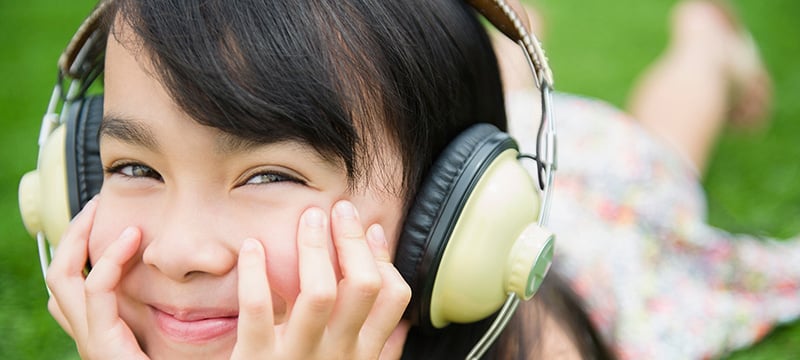Protect Your Hearing During Noisy Summer Events

Enjoy Your Favorite Activities While Taking Some Simple Steps To Protect Your Ears
Fireworks. Sporting events. Concerts, parades, and festivals. Summer brings plenty of fun activities, but some of our favorite pastimes can also be noisy—so noisy that they can permanently damage our hearing, according to the American Speech-Language-Hearing Association (ASHA).
The good news is that it’s easy to protect our ears by taking a few simple steps.
What’s the Risk?
People of all ages can develop hearing loss due to exposure to excessively loud noise. The World Health Organization (WHO) reports that more than 1 billion young people globally are at risk of permanent hearing damage from attending noisy events and listening to personal technology devices regularly at high volumes. This type of hearing damage is called noise-induced hearing loss.
Noise-induced hearing loss is completely preventable. However, once it occurs, it is irreversible. Listening to noises that are too loud, for too long, can cause this hearing loss. The louder the noise, the less time it takes to damage your hearing.
So—how loud is too loud? And how long is too long?
You can usually listen to noise at 70 decibels or less for as long as you want without risking hearing damage. Sounds at 85 decibels can lead to hearing loss if you listen to them for more than 8 hours at a time.
Sounds over 85 decibels can damage your hearing faster. Normal conversation is about 60 decibels, and a vacuum cleaner or an alarm clock is generally around 70 decibels. But a loud concert may reach 115 decibels, and fireworks can register at 150 decibels!
How Do You Protect Yourself?
It’s easy to protect our ears. Here are a few simple ways to do so:
- Wear hearing protection in noisy places. For children, audiologists recommend well-fitting earmuffs. You can buy these online, in different sizes and fun colors. For adults, regular earplugs that are available in most drugstores work well. If you attend a lot of concerts or loud events, consider buying musician’s earplugs or a custom-fit pair from an audiologist.
- Keep your distance from noise sources. Stand at least 500 feet from noise sources, such as a fireworks launch site or a speaker/stage at a concert.
- Take listening breaks. Step out of the noisy environment and into a quiet spot regularly. Try for every hour if possible, even if for just a few minutes. Your ears benefit from these brief periods of rest.
- Check your smart devices. Many smartwatches and phones have sound-level meter technology that will automatically alert you if you are in an overly noisy environment. Check your settings on your smart devices to turn these on. If you don’t have this feature on your phone or watch, you can download a free app.
- Pay attention to your body. If you have any pain or ringing in your ears, leave immediately. Your body is alerting you to trouble.
Why Is Hearing Protection Important?
Good hearing is something that many people don’t appreciate until they start to lose it.
- In children, untreated hearing loss can affect their academic and social success.
- In adults, untreated hearing loss can lead to cognitive decline and earlier onset of dementia; social isolation and depression; increased risk of falls; and many other physical, mental health, and career challenges.
Although there are highly effective treatment options, none of these actually restore a person’s natural hearing—so taking steps to protect your hearing is your best bet.
Are You Worried About Your Hearing?
If you notice a change in your hearing, or if you feel pain or hear ringing in your ears after being in a noisy environment, you should get a hearing evaluation from a certified audiologist. Also pay attention to other signs of hearing loss, which are often different in children and adults. Check out ASHA’s Identify the Signs campaign to learn about what to look for. Request a recommendation from your doctor for a local audiologist. You can also search the ASHA ProFind database of certified audiologists nationwide.











